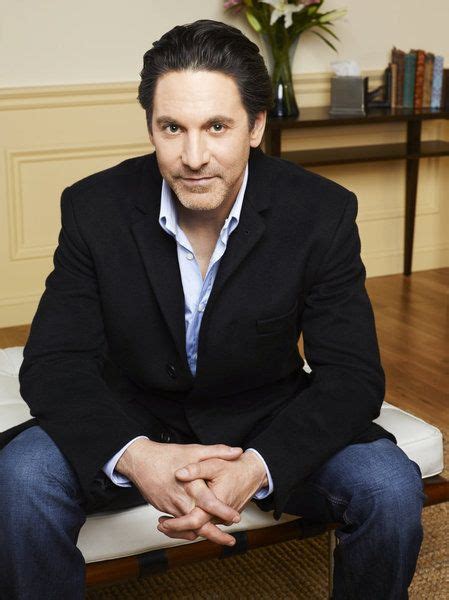A Quote by Bill Gates
Taking a look back, one big reqret is, I left Harvard with no real awareness of the awful inequities in the world. The appalling disparities of health and wealth and opportunity that condemned millions of people to the lives of despair. I learned a lot here at Harvard about new ideas and economics, and politics. I got great exposure to the advances being made in the sciences. But humanities greatest advances are not in its discoveries, but in how those discoveries are applied to reduce inequity.
Quote Topics
About
Advances
Appalling
Applied
Awareness
Awful
Back
Being
Being Mad
Big
Condemned
Despair
Discoveries
Economics
Exposure
Got
Great
Greatest
Harvard
Health
How
Humanities
Ideas
Inequity
Learned
Left
Lives
Look
Lot
Made
Millions
Millions Of People
New
New Idea
New Ideas
Opportunity
People
Politics
Real
Reduce
Sciences
Taking
Those
Wealth
World
Related Quotes
When I contemplate the immense advances in science and discoveries in the arts which have been made within the period of my life, I look forward with confidence to equal advances by the present generation, and have no doubt they will consequently be as much wiser than we have been as we than our fathers were, and they than the burners of witches.
...It would be possible to make much more progress than has been made if the NCI knew its job better, knew how to make discoveries...The NCI really does not know how to make discoveries....So long as the NCI is not willing to follow up ideas that seem good to people who have had experience making discoveries, the work of the NCI is going to be pedestrian.
Everything is humanities. The sciences are a form of the humanities. They involve traditions of inquiry; they involve social engagement with ideas. They do not happen with a naked brain going out and encountering a nonhuman world. And the better we understand ourselves, the better we can do science, as well. So I don't see them - the sciences and the humanities - as being at all different.
I got a PhD from Harvard and a few years later, there was a girl from Sunderland who hadn't got into Oxford or Cambridge, even though she'd got perfect A-levels. Harvard asked me to come and recruit her because I was recruited out of university by Harvard - they were trying to show that people could make it.
Certain elements of today's ecological crisis reveal its moral character. First among these is the indiscriminate application of advances in science and technology. Many recent discoveries have brought undeniable benefits to humanity. Indeed, they demonstrate the nobility of the human vocation to participate responsibly in God's creative action in the world. Unfortunately, it is now clear that the application of these discoveries in the fields of industry and agriculture have produced harmful long-term effects.
Physics has entered a remarkable era. Ideas that were once the realm of science fiction are now entering our theoretical ? and maybe even experimental ? grasp. Brand-new theoretical discoveries about extra dimensions have irreversibly changed how particle physicists, astrophysicists, and cosmologists now think about the world. The sheer number and pace of discoveries tells us that we've most likely only scratched the surface of the wondrous possibilities that lie in store. Ideas have taken on a life of their own.


































